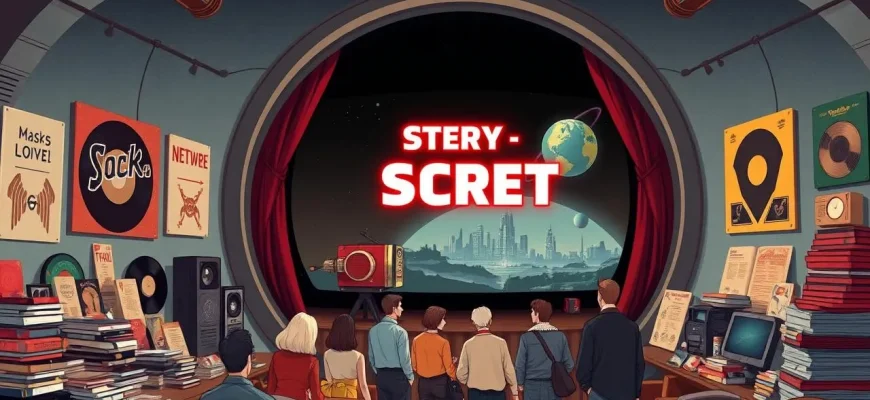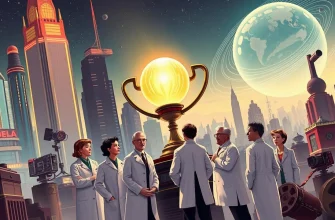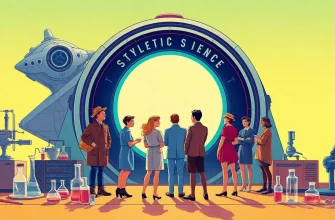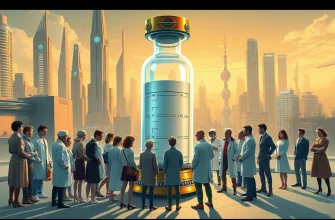Fancy a journey through the cosmos, where the boundaries of science are pushed to their limits? This curated list of 10 sci-fi films delves into the realm of scientific theories, offering viewers not just entertainment but a chance to ponder over the mysteries of the universe. From time travel to quantum mechanics, these films blend imagination with real-world science, making them a must-watch for anyone with a curious mind.
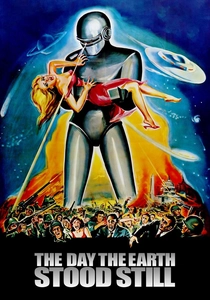
The Day the Earth Stood Still (1951)
Description: A classic that examines themes of nuclear disarmament and the potential consequences of humanity's actions, with a touch of alien intervention.
Fact: The film was added to the National Film Registry for its cultural, historical, or aesthetic significance.
 Watch Now
Watch Now
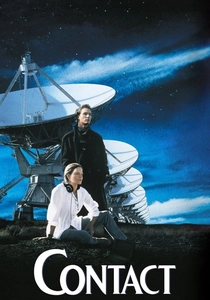
Contact (1997)
Description: Based on Carl Sagan's novel, this film tackles the search for extraterrestrial intelligence (SETI) and the philosophical implications of contact with alien life, grounded in real scientific principles.
Fact: The film's opening sequence, showing Earth's location in the universe, was created using actual radio telescope data.
 Watch Now
Watch Now

Primer (2004)
Description: A low-budget gem that delves into the complexities of time travel, quantum mechanics, and the butterfly effect, offering a mind-bending exploration of scientific theories.
Fact: The film was made for just $7,000 and was written, directed, and starring Shane Carruth, who also composed the score.
 Watch Now
Watch Now
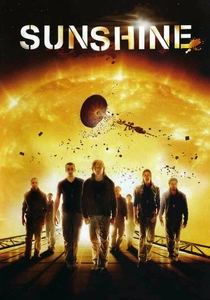
Sunshine (2007)
Description: This film explores the concept of stellar evolution and the potential of human intervention in cosmic events, focusing on a mission to reignite the dying sun.
Fact: The film's director, Danny Boyle, worked with physicist Brian Cox to ensure the science was plausible.
 Watch Now
Watch Now
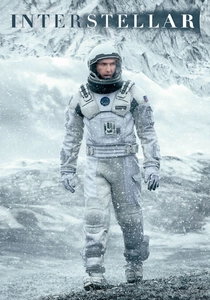
Interstellar (2014)
Description: This film explores the concept of wormholes, time dilation, and the theory of relativity through a gripping tale of space exploration. It's a masterclass in blending hard science with emotional storytelling.
Fact: Christopher Nolan worked with physicist Kip Thorne to ensure the film's science was as accurate as possible. The film's depiction of a black hole, Gargantua, was created using real equations from Thorne's research.
 Watch Now
Watch Now
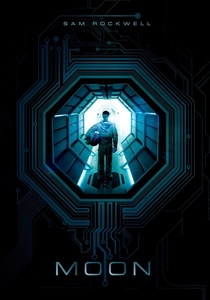
Moon (2009)
Description: This film delves into cloning, identity, and the psychological effects of isolation, all set against the backdrop of lunar mining operations.
Fact: Duncan Jones, the director, is the son of David Bowie, who provided the film's theme song, "Space Oddity."
 Watch Now
Watch Now
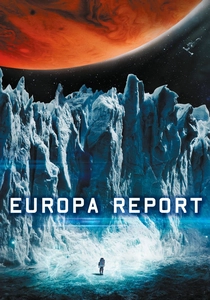
Europa Report (2013)
Description: A found-footage style film that explores the possibility of life on Europa, one of Jupiter's moons, and the scientific endeavor to find it.
Fact: The film was praised for its realistic portrayal of space exploration and the science behind it.
 Watch Now
Watch Now
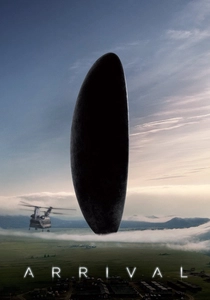
Arrival (2016)
Description: This film explores the concept of language, time, and perception, with a focus on linguistic relativity and the Sapir-Whorf hypothesis, all wrapped in an alien contact narrative.
Fact: The film's alien language was designed by linguist Jessica Coon, who created a unique written and spoken language for the aliens.
 Watch Now
Watch Now
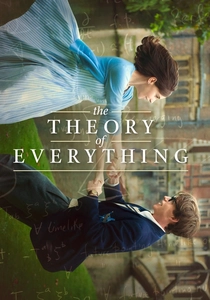
The Theory of Everything (2014)
Description: While not strictly sci-fi, this biopic of Stephen Hawking delves into his groundbreaking work on black holes and the universe, making it a must-watch for those interested in scientific theories.
Fact: Eddie Redmayne won an Oscar for his portrayal of Stephen Hawking, capturing his physical and intellectual journey with remarkable accuracy.
 Watch Now
Watch Now
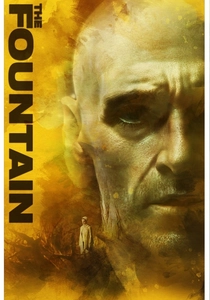
The Fountain (2006)
Description: This film intertwines three stories across different time periods, exploring themes of life, death, and the quest for immortality through scientific and spiritual lenses.
Fact: Darren Aronofsky, the director, spent years developing the film, which was initially conceived as a much larger project.
 30 Days Free
30 Days Free

